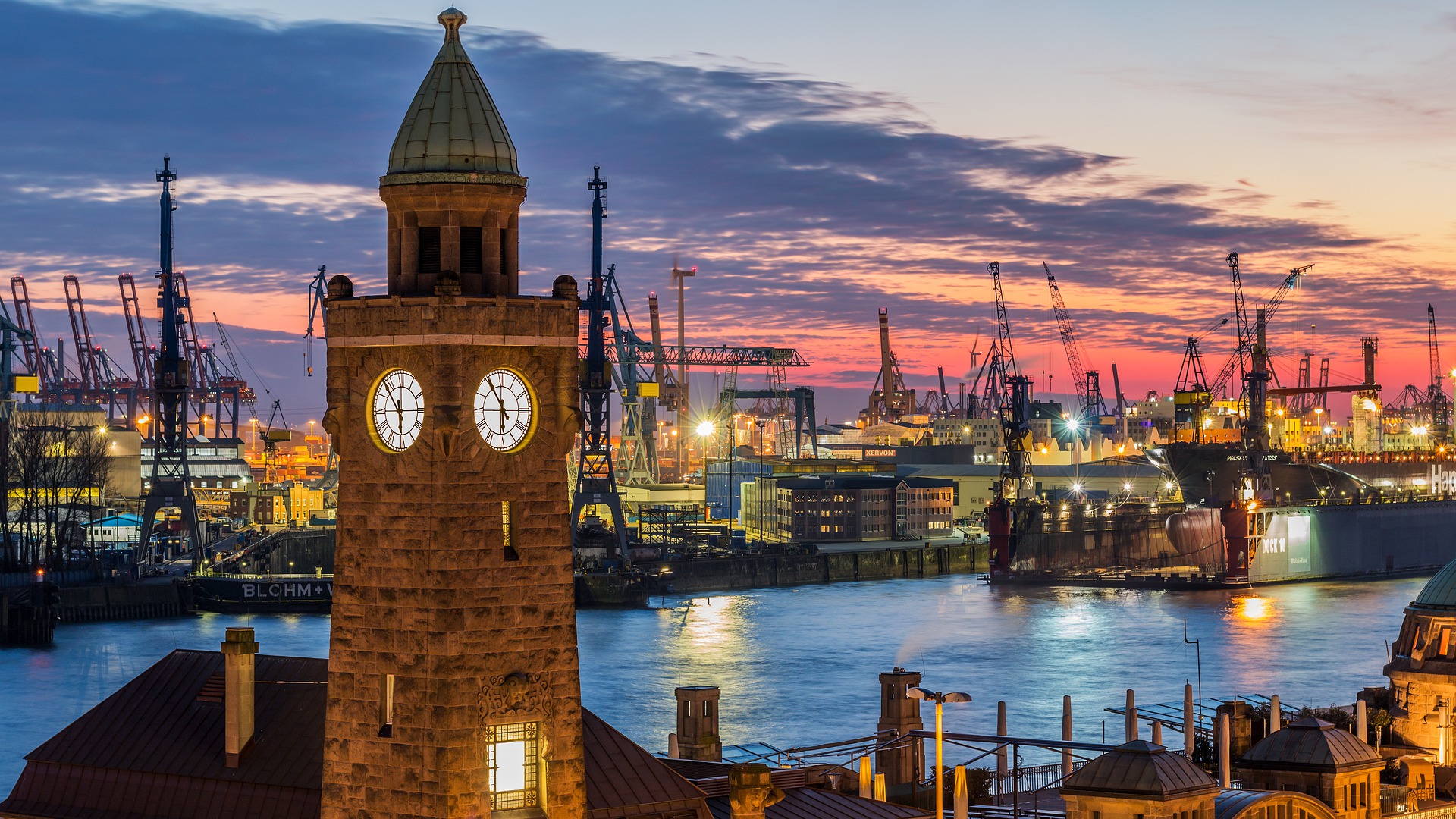With Hamburg’s Ministry of Transport and Mobility Transition, an important partner has joined the strategic cooperation of cities and regions along the Scandria®Corridor.
Guido Beermann, Chairman of the General Assembly of the Scandria®Alliance and Minister of Transport of Brandenburg: “Just like the Capital Region Berlin-Brandenburg, the Hamburg Metropolitan Region plays an important role in the trans-European transport network. With the upcoming implementation of the fixed Fehmarnbelt link, the responsibility of the Free and Hanseatic City will increase further. I therefore welcome that Hamburg has joined the Scandria®Alliance. We share the same goals, especially with regard to the exchange of ideas and perspectives for a sustainable and multimodal transport system from Scandinavia to the Adriatic. Hamburg’s membership opens up new trans-European cooperation opportunities for the Capital Region Berlin-Brandenburg as well as other cities and regions that actively participate in our successful Alliance. This will benefit the Scandria®Alliance as a whole.”
Dr. Anjes Tjarks, Senator of Transport and Mobility Transition of the Free and Hanseatic City of Hamburg: “The Free and Hanseatic City of Hamburg is a dynamic metropolis. The international exchange of ideas and perspectives are defining characteristics of this city and we will continue to pursue this course. Cooperation, defining common interests and striving to achieve them together with our partners: I also see the Scandria®Alliance in this tradition and I am pleased that Hamburg has become part of this community of European cities and regions from Scandinavia to the Adriatic. With the port and the main railway station, Hamburg is an elementary hub for European freight and passenger transport. We want to make the rail system and multimodal transport more efficient, improve it through digitalisation and thus also advance the mobility transition and climate-friendly mobility beyond the Hamburg Metropolitan Region throughout Europe.”
The Scandria®Alliance is an arena for collaboration of cities and regions between Scandinavia and the Adriatic. The Capital Region Berlin-Brandenburg initiated the Scandria®Alliance in 2019 and has held the chair ever since. The aim of the Alliance is to strengthen the shortest geographical connection between Scandinavia and the Adriatic as a regional development and transport axis and to work together on climate-smart multimodal transport connectivity at the interface to sustainable regional development.
Hamburg’s accession adds an important partner to the strategic cooperation. The Free and Hanseatic City is closely connected with the federal states of Schleswig-Holstein, Lower Saxony and Mecklenburg-Western Pomerania and is the core of a dynamic metropolitan region with more than five million inhabitants. As a port city, a major transport hub in Northern Europe and an important trade and logistics location, Hamburg also bears a great responsibility for supra-regional transport. Already in autumn 2021, two stakeholders from Hamburg, the Logistics Initiative Hamburg and Port of Hamburg Marketing, had joined the Scandria®Alliance as associated members. With Hamburg’s Ministry of Transport and Mobility Transition joining as a full member, Hamburg’s active participation in the network will now be further strengthened and expanded.
Like Berlin and Brandenburg, Hamburg is an important node in the trans-European transport network and is directly intersected by the Orient-Eastern Mediterranean, North Sea-Baltic and Scandinavia-Mediterranean corridors. The city is already well connected to Northern Europe and the Mediterranean via the Scandinavia-Mediterranean corridor. With the construction of the fixed Fehmarnbelt link, traffic flows on this axis will continue to increase.
